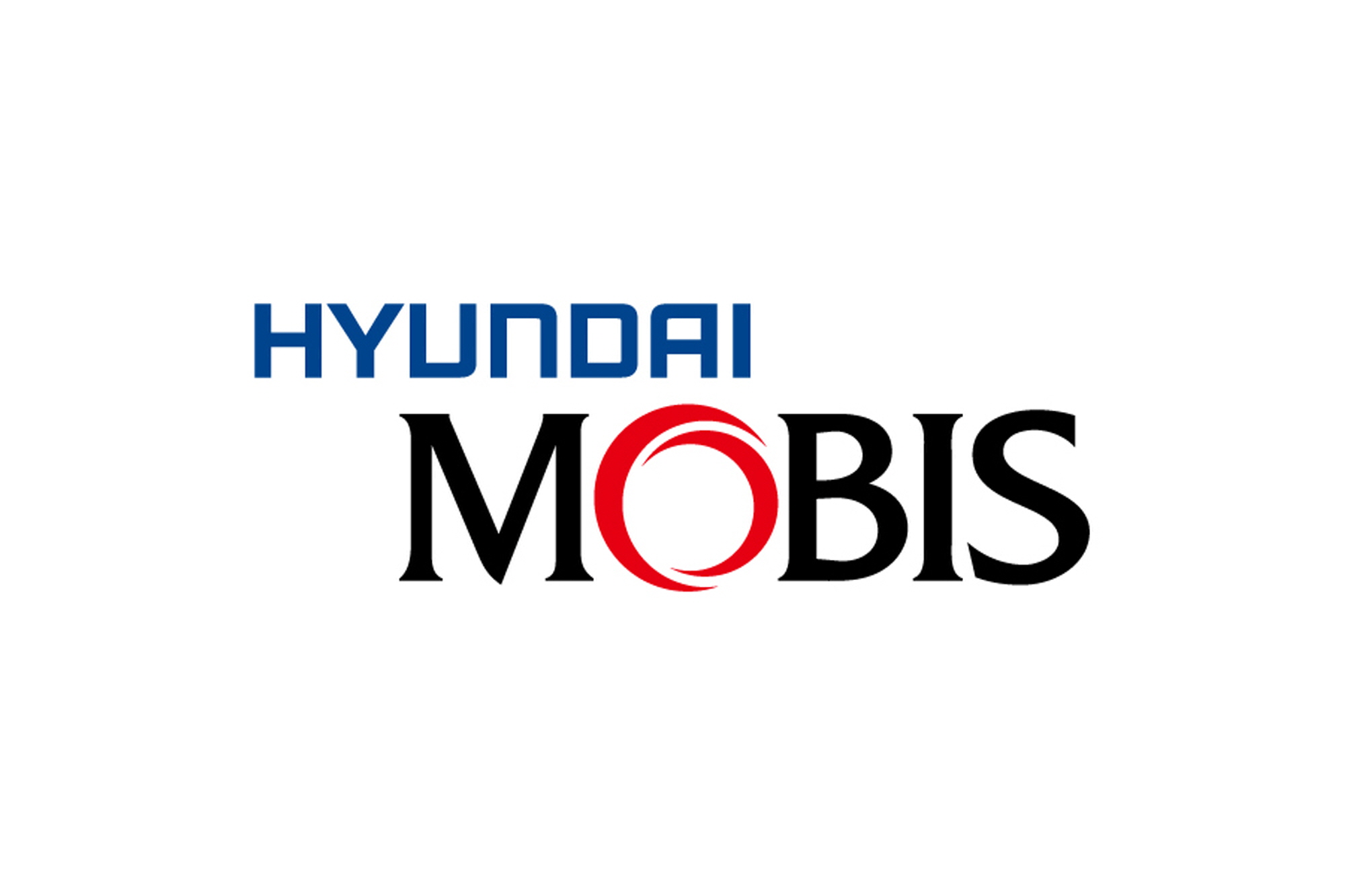
Hyundai Mobis announced on the 27th through electronic disclosure that it achieved revenue of KRW 15.6849 trillion and operating profit of KRW 663.8 billion in the second quarter. This marks an increase of 27.4% and 64.6%, respectively, compared to the same period last year. In terms of revenue, it is the largest scale in a single quarter ever.
Hyundai Mobis explained that these results were achieved due to increased production of finished vehicles, rising demand for electric components, and a larger share of SUVs contributing to the supply of core parts. Operating profit was driven by the increase in finished vehicle volumes, strong global demand in the A/S business, and a decrease in logistics costs.
By segment, sales of modules and core parts reached KRW 12.9878 trillion, representing a 31.6% increase compared to the second quarter of last year. Among them, the electrification sector recorded revenue of KRW 3.7436 trillion, thanks to continuous growth. A/S sales also increased by 10.6% year-on-year to KRW 2.6971 trillion, driven by growing demand in North America, India, and other regions.
A representative from Hyundai Mobis stated, “We will continue to push forward with activities to improve profits, such as reflecting rising costs in selling prices, while steadily investing in research and development and facility expansion to secure future growth engines.”
Meanwhile, the number of Hyundai Mobis’s R&D personnel both domestically and internationally surpassed 7,000 for the first time in the second quarter. This follows a rise above 5,000 in 2020, with a focus on securing talent in electrification, semiconductors, autonomous driving, and infotainment fields.
Non-captive orders from global customers are also progressing smoothly. Until the first half of this year, Hyundai Mobis has secured a total of $2.71 billion (approximately KRW 3.5 trillion) worth of core parts from global automakers excluding Hyundai Motor and Kia. This amount corresponds to 51% of the targeted order amount of $5.36 billion for the year. In the second quarter, they secured new contracts for high-value components such as autonomous driving sensors and infotainment products.
Hyundai Mobis has also revealed plans to expand its sites to establish a global electrification value chain.
Currently, Hyundai Mobis operates a total of nine electrification production sites domestically and internationally. New sites are also being established in North America (Georgia/Alabama) and Indonesia. Additionally, they are reviewing the establishment of sites in Europe and India to expand the supply of battery systems and EV drive components such as PE modules.
Lee Sang-jin daedusj@autodiary.kr

